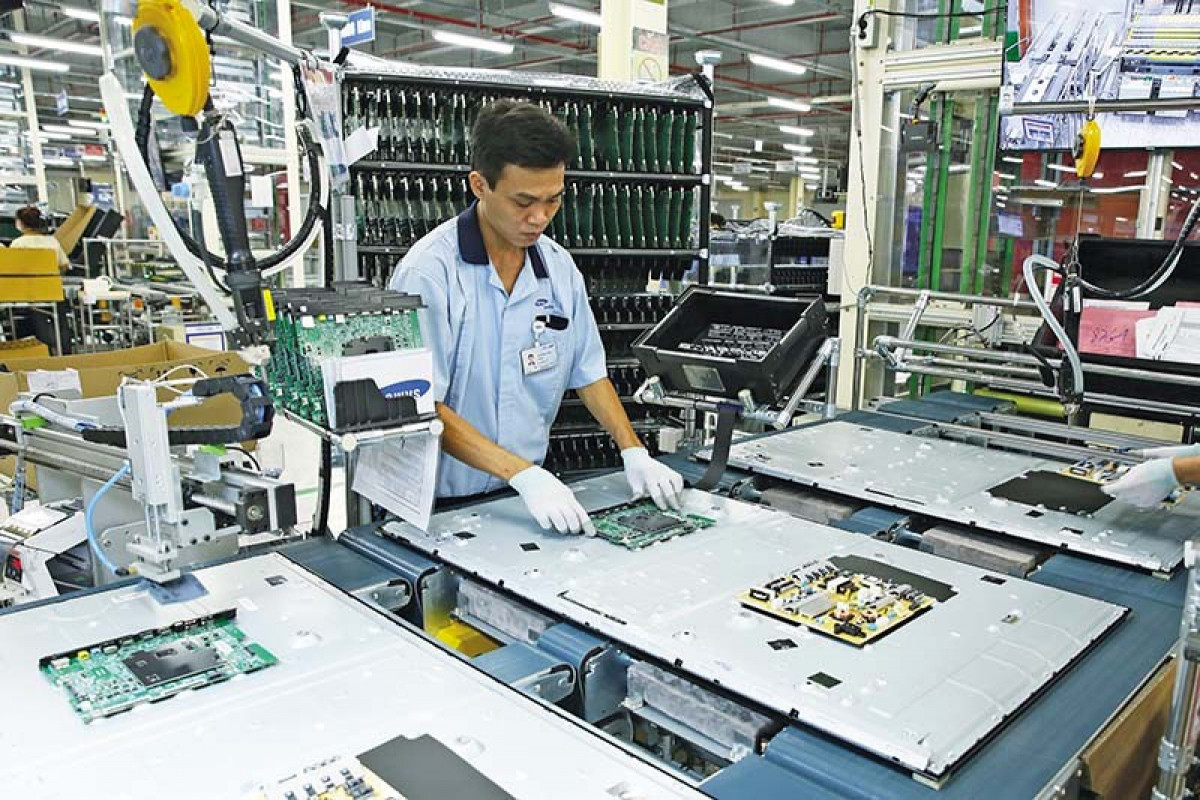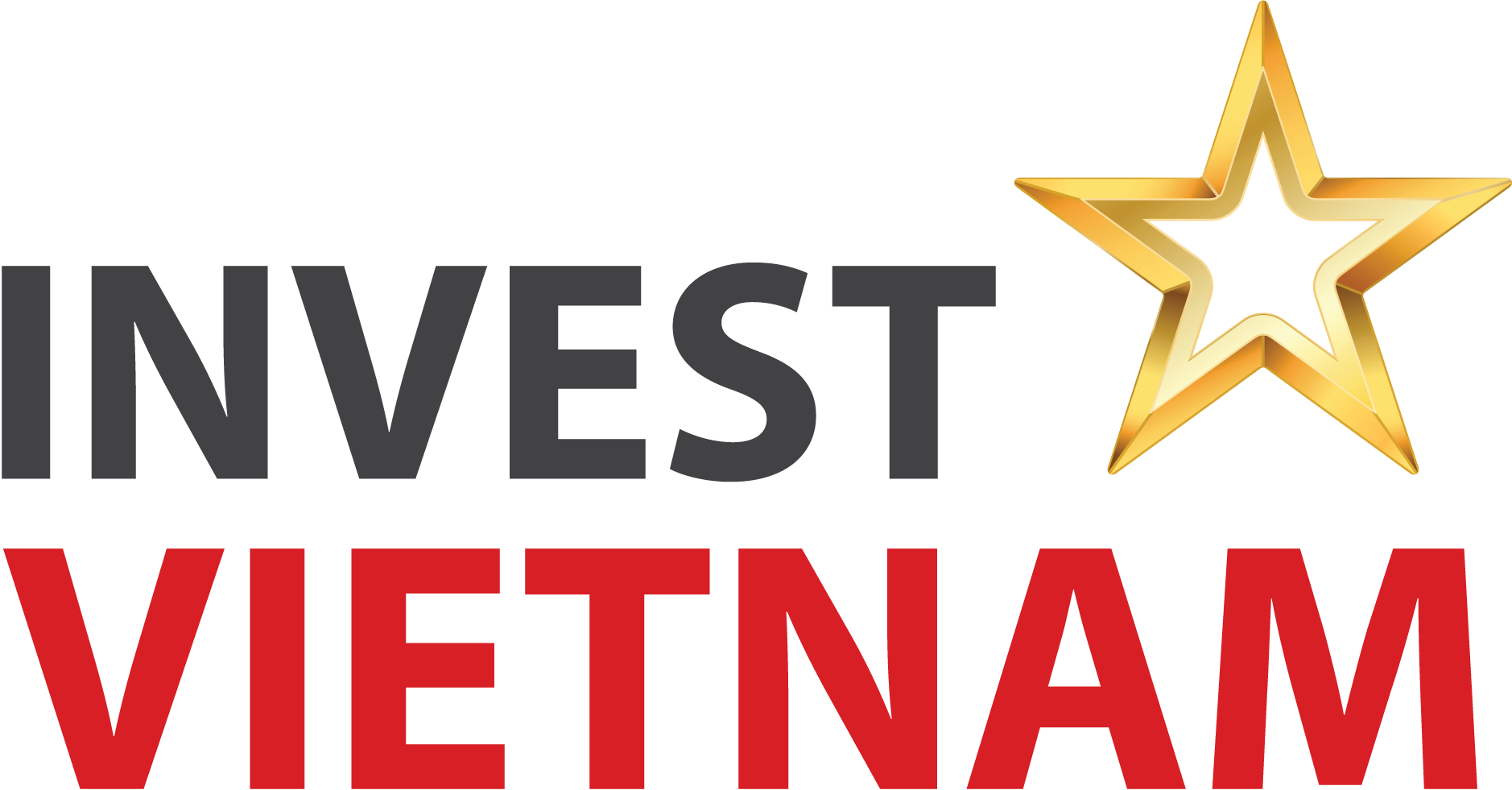Viet Nam positioned as "magnet" for major players in chip industry: Nikkei Asia
Many companies are turning to Viet Nam for its talent pool and competitive labor costs, positioning the Southeast Asian nation as a "magnet" for major players in the chip industry.

In an article published on August 14, Nikkei Asia reported, Alchip Technologies, Taiwan's leading provider of AI chip design services, is expanding its R&D team into Viet Nam, where it is planning to open its first office this year.
The company is likely to increase its headcount to up to 100 engineering staff in 2-3 years, CFO Daniel Wang said.
"Viet Nam's promising pool of engineering talent and their strong work ethic make it a highly attractive option for us. We've been impressed by the dedication and commitment of Vietnamese engineers, who are eager to learn and contribute", shared Daniel Wang.
South Korea's companies are turning to Viet Nam, partly to offset a brain drain in their home market.
According to the Nikkei Asia, the availability of tech workers in a time of shortage could help Viet Nam achieve one of its long-held dreams: moving up the tech value chain.
Marvell, for example, described Viet Nam as a "strategic location for the development of engineering talent."
Marvell aims to increase its local headcount to about 500 by 2026. The hiring plan includes not only staff for the offices in Ho Chi Minh City but also a new location in Da Nang in central Viet Nam.
U.S.-based Synopsys, the world's top chip design tool maker, is among the most active to venture into Viet Nam, where it currently has more than 500 employees across multiple design centers in several cities.
Robert Li, Synopsys Vice President of Sales for Taiwan and Southeast Asia, told Nikkei Asia that the high degree of interest among Viet Nam's students and workforce to be trained in semiconductor engineering, coupled with the Government's funding and programs, are helping establish the country as a semiconductor talent hub.
Viet Nam has attracted roughly 40 international companies in the semiconductor chip industry from the U.S., South Korea, Japan, Taiwan, and the Netherlands. Alongside this influx, domestic players like Viettel and FPT have begun operations, building a well-rounded foundation for the sector.
Prime Minister Pham Minh Chinh has ordered four government bodies to collaborate to train 30,000-50,000 engineers and 100 experts in digital transformation and manufacturing semiconductors.
Electronics and semiconductor account for around one-third of Viet Nam’s exports, but most of them are produced by foreign direct investment companies.
Samsung, LG, Intel, Apple’s suppliers and Xiaomi all have factories or research centers in Viet Nam./.
Thuy Dung
Source: VGP
Original link







